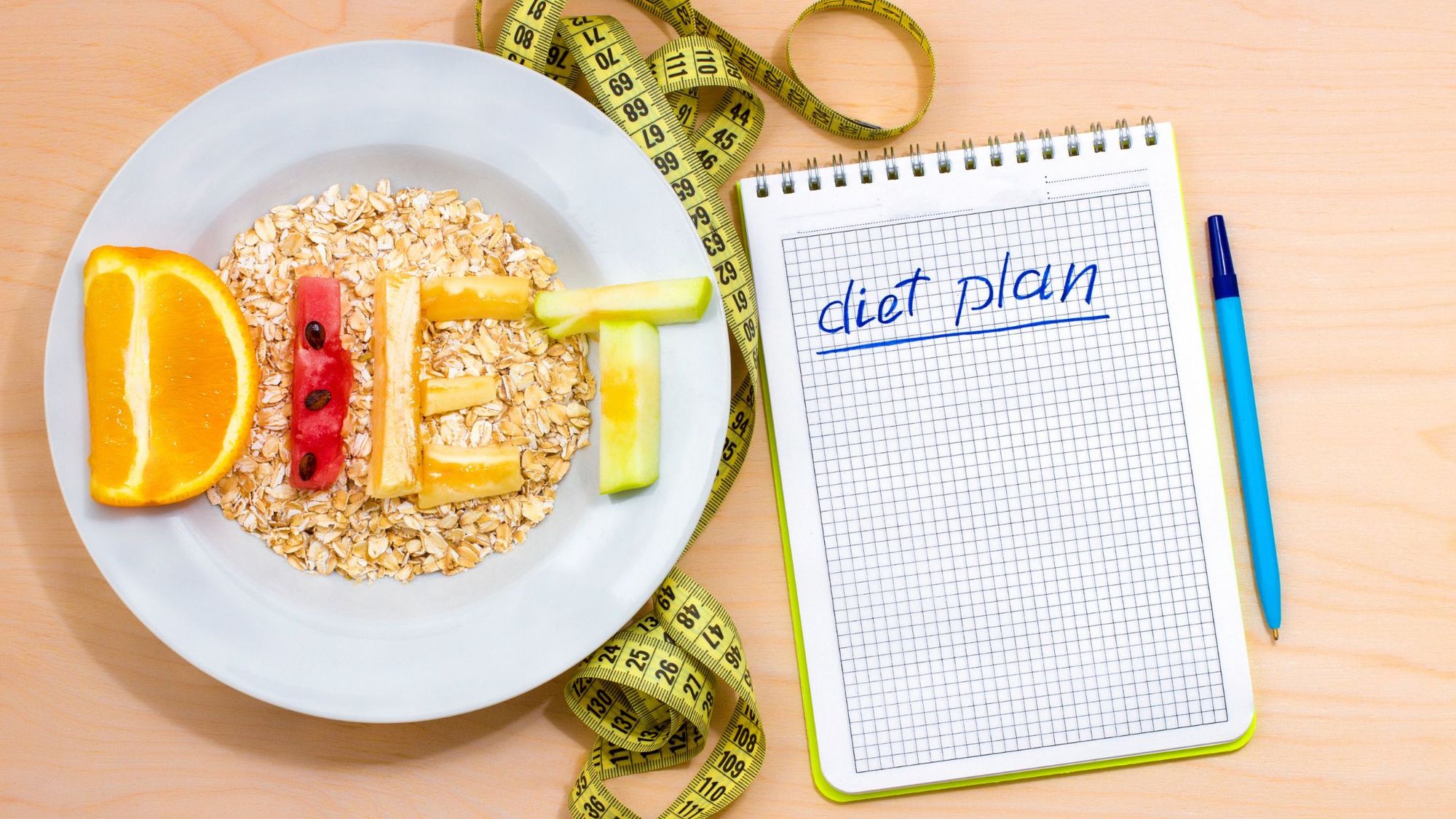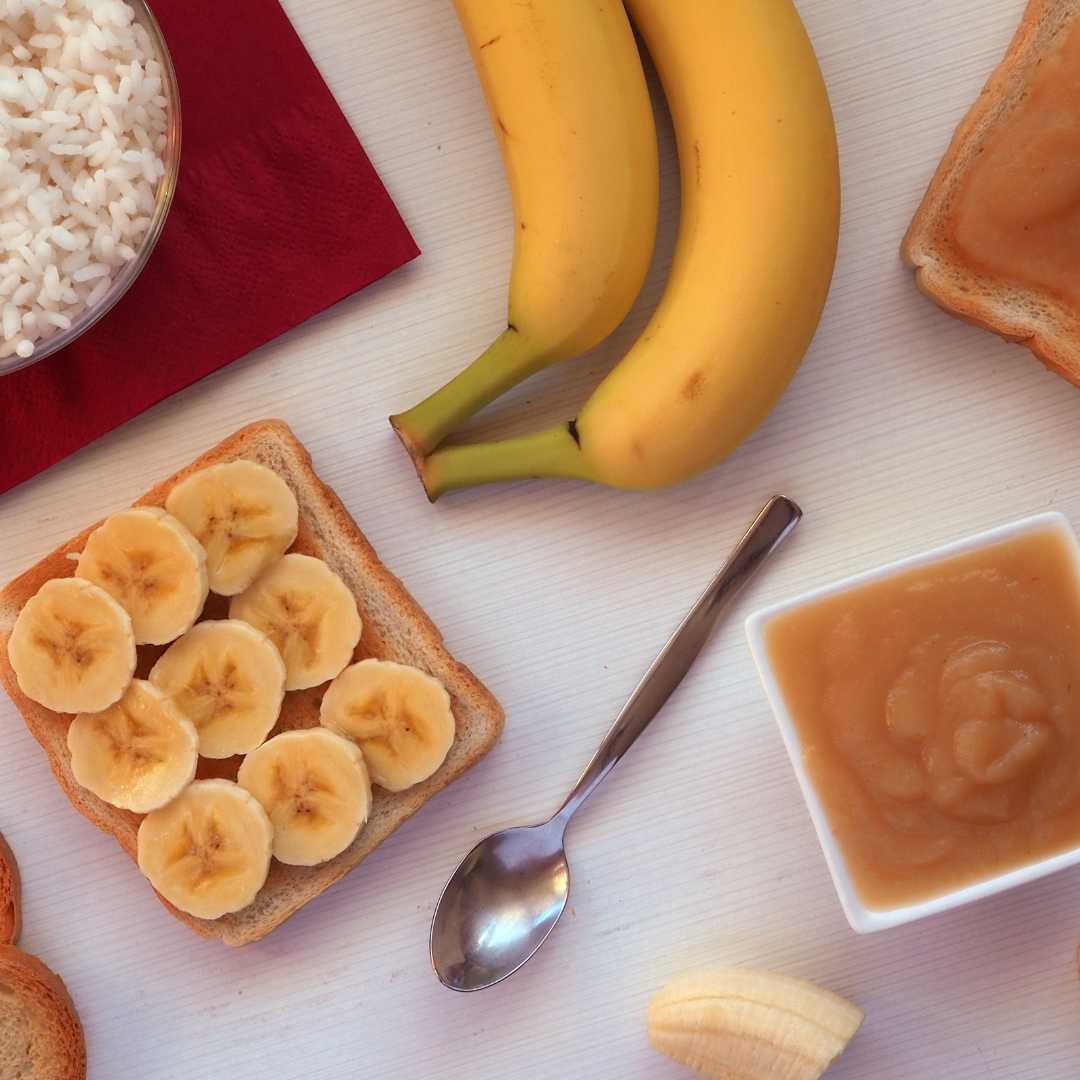
With new and trendy diets being invented all the time, it’s easy to forget about the classic, tried-and-true diet plans such as Weight Watchers. Does Weight Watchers work? Celebrities such as Oprah Winfrey, Jennifer Hudson and Tina Fey swear by their incredible weight loss results from following Weight Watchers.
Weight loss can be a very challenging journey, and it’s stressful when you’re trying to find a diet that not only gives you results, but also lets you enjoy yourself and doesn’t involve much restrictions.
Restrictive and extreme diets can be harmful to your health, and it’s demoralizing to have to cut everything you enjoy eating out of your life. So, what about Weight Watchers, and does Weight Watchers work?
The good news is that Weight Watchers (WW) does work, for a massive number of people. Weight Watchers proves to be a highly effective method for losing weight and especially for maintaining that weight loss (the most important part). If you’re interested in trying out this diet that has stood the test of time, this article is the perfect beginner’s guide for you to learn more about it.

What is Weight Watchers?
Weight Watchers is a famous diet today, but it’s one that started out with humble beginnings. In fact, Weight Watchers started out as a way for a woman and her friends to lose weight together in 1963. This diet plan started from a living room in Queens to one of the most popular and desired diet plans in the world. Even now, it remains one of the most highly acclaimed.
Furthermore, Weight Watchers is one of the most well-researched diets out there. Decades of popularity mean that science has taken quite a keen interest in the way WW works, meaning you have a lot of solid evidence to support its effectiveness.
Weight Watchers is even used as a prescribed diet by doctors in several countries to help those who are overweight achieve a healthier diet and weight.
How Does Weight Watchers Work?
When Weight Watchers first began, it used a method that was very similar to the diabetes exchange system, where foods were counted and recorded according to serving sizes.
However, this changed in the ’90s when the renowned WW points system was introduced. The core of the diet remained the same; it’s just the method of recording food was changed to the points system.
The way in which this system works is that points are assigned to different foods according to their fiber, fat, and calories. In this sense, it is somewhat similar to the concept of counting calories for weight loss.
While the points system has been revamped and reconstructed several times, the foundations remain the same. In fact, the most recent point revamp introduced better personalisation that really helps you to feel more connected to the diet.
One of the major selling points for WW is the ability to join regular group meetings where you discuss your current diet, struggles, and goals so that you can build a support system. While it is optional to attend meetings, they can be very helpful. It even has its own smartphone app.
How Do You Get Started with Weight Watchers?
Thankfully, the process is fairly simple, and there isn’t much you have to do in order to start the diet and begin attending meetings. Meetings can be in person in your area, or virtually – or even through the app.
Most people begin Weight Watchers by downloading the Weight Watchers app on their smartphone. The app makes it easy to track your points and get support when you need it.
How does Weight Watchers work on the app? You’ll begin by answering a series of questions that will cover your goals, health, and any habits that you have. Some of the questions might include things like:
- Why you want to lose weight and your goal weight
- What is most likely to turn you away from a diet plan
- Your exercise habits and activity level
- Your sleep habits
- Your current eating habits
- Your current mindset and mental state
Answering these questions helps to paint a picture of your strengths and weaknesses so that you can tackle them head-on and have a better chance of success.
Some of the different WW plans for you to choose from include:
- Digital only (simply using the app to follow this diet plan)
- Unlimited workshops and digital (group meetings with a coach)
- Personal coaching and digital (1-on-1 meetings with a coach as well as using the app)
How Do the Points Work?
The point system is very simple. The way it works is that everyone is assigned a number of points per day, and this is tailored to each member of this diet plan, according to their dietary needs, weight loss goals, and current eating habits.
The recent introduction of ‘Personal Points’ makes things a little more complex, but it’s also the most efficient and customized plan to date. Plus, it’s still very simple to follow as there are only two sets of points to make a note of.
Smart Points: These are the points that are assigned to foods based on their nutritional value. You’ll find that fruit, vegetables, fish, and lean meats have a lower point value than processed foods like candy, chips, and soda.
Zero Point Foods: These are foods and drinks that don’t contribute any points towards your daily allowance. You will find that the foods that count as zero points will vary from plan to plan and each individual person, but it really adds that extra level of personalisation. Everyone has a few ‘zero point foods’ they can eat as much of as they want, such as eggs, avocados, and more.
Why does Weight Watchers work? One of the main reasons it’s successful is because on Weight Watchers, there are no foods that are considered to be off-limits, and this is what makes this diet plan so appealing and effective. However, it is recommended that you stay at or below your daily points allowance for the best results.

Why is This Diet Plan so Effective for Weight Loss?
The thing with Weight Watchers is that it provides a realistic approach to weight loss, promising achievable goals at a steady pace, instead of drastic ones like many other diets. Additionally, the fact that it helps you with long-term dietary habits means that it is also excellent for maintaining your goal weight.
Weight Watchers has a strong focus on gradual and healthy weight loss, as well as portion control and learning how to implement a healthy and balanced diet into your life. Members are told they should expect to lose up to 2lbs per week, a realistic and healthy expectation.
Members are frequently given advice from expertly trained coaches (often via the smartphone app) on making better lifestyle choices, making the most out of exercise, and keeping on track with their diet. The support system that comes with Weight Watchers is a huge part of the success rate. If you’re wondering, How does Weight Watchers work so well? It’s partly because of the community of members and support system. There are tons of bloggers who write about this diet plan, TikTok users who share video tutorials of WW recipes, and YouTubers who share meal ideas.
Furthermore, the effectiveness of Weight Watchers for weight loss has been proven by numerous scientific studies. In fact, it is one of the very few diet programmes that has undergone randomized controlled trials – a pretty big deal in the scientific community.
It should be noted that Weight Watchers studies all took place before the implementation of the new Personal Points system. While studies are expected to be undertaken to examine the effects of the revamp, we don’t yet have the evidence we need to say if it is more or less effective than the traditional point system.
Weight Watchers vs Calorie Counting
Counting calories can be seen as similar to Weight Watchers in that counting the number of calories you eat each day is not that different from the concept of a points system. However, there are some stark differences between the two.
Calorie counting doesn’t take into consideration the nutritional value of the food you’re eating the same way Weight Watchers does. Counting calories means you are only looking at the caloric intake that comes with each food and not the potential nutritional benefit that might come with it (or disadvantage in some cases).
As a result, you might be consuming fewer calories, but you could also be depriving your body of the essential nutrients that it needs to thrive. On the WW plan, there is a full nutritional plan behind the point system that teaches you how to maintain a balanced diet and improve your health.
Calorie counting can easily become an obsession and has a higher chance of leading to eating disorders or highly restrictive diets that could pose long-term problems for your health.
Weight Watchers has been around for a long time, and as you’ve now learned, scientific research backs it as an effective and healthy diet plan that can help you lose weight as well as maintain that goal weight you’ve been dreaming of.
It’s not going to take the food you love away, allowing you to eat whatever you like and have full control of your diet. Instead, it just teaches you the importance of portions, moderation, and balancing your healthy diet with a good amount of exercise.
What’s the Best Diet Plan For You, Based on Your Genetic Makeup?
Choosing a diet plan is often easier if you know what foods you need more or less of, based on your genetic makeup.
If you’re interested in trying Weight Watchers, you might want to start by taking a CircleDNA test and reading your genetic diet and nutrition reports. If you find out you’re genetically sensitive to certain foods, you’re better suited for a high fat and low carb diet, or your DNA is best suited for a Mediterranean diet, you can still be on the WW diet plan with these adjusted guidelines. This will only increase the odds that you’ll be successful on this new journey.
References:
- Oprah Magazine on Weight Watchers: https://www.oprah.com/health_wellness/os-weight-loss-adventure-update
- NCBI, Weight Watchers on prescription: An observational study of weight change among adults referred to Weight Watchers by the NHS: https://www.ncbi.nlm.nih.gov/pmc/articles/PMC3145588/
- The Lancet, Primary care referral to a commercial provider for weight loss treatment versus standard care: a randomized controlled trial: https://www.thelancet.com/journals/lancet/article/PIIS0140-6736(11)61344-5/fulltext
- The Lancet, Extended and standard duration weight-loss programme referrals for adults in primary care (WRAP): a randomized controlled trial: https://www.thelancet.com/journals/lancet/article/PIIS0140-6736(17)30647-5/fulltext
- NCBI, Efficacy of commercial weight loss programs: an updated systematic review: https://www.ncbi.nlm.nih.gov/pmc/articles/PMC4446719/






